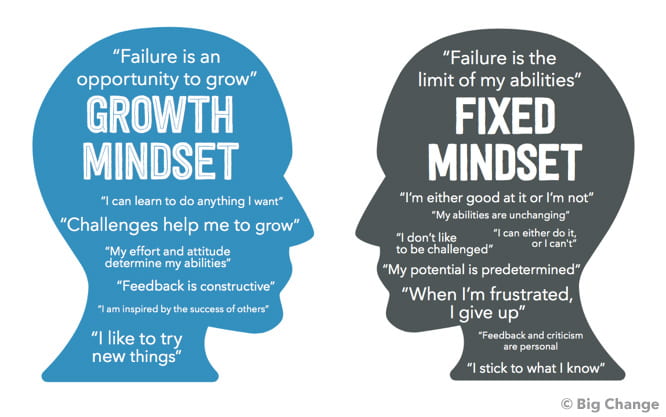How to prevent slips from becoming slides
I was introduced to the concept of “don’t let slips become slides” by Jennette McCurdy’s poignant and inspiring autobiography “I’m Glad my Mom Died.” I can not recommend this book enough, McCurdy is incredibly open, honest and emotionally intelligent. I will preface that the book touches on difficult topics such as abuse and eating disorders, so please bear that it could be triggering before reading. McCurdy recounts a time where her therapist put a lot of emphasis on this idea of not letting a slip become a slide.

When you relapse into a toxic or self-destructive behaviour, it’s easy to give into this and give up on recovery. But these slips are normal and human, especially when mental illness, addiction or any difficult struggle has taken over our life and makes us feel like we cannot recover. However, having this thought does not make it true.
We all have slips in our mental health. One thing gone wrong can have us stressing and upset, it can feel like all our progress is gone, and we are back to square one. We can also start to repeat negative behaviours after a slip, thinking this is how we will always feel, so it is better to submit to self-doubt, shame or pushing our loved ones away. This is where a “slip” becomes a “slide”.
1. A growth mindset
One way to prevent this is to practice self-compassion. This can be positive thinking – forgiving ourselves for our mistakes or looking for ways to rectify an argument. Repeating negative self-thoughts make your brain genuinely believe they are true – that you will always mess up or you’re a bad person. However, beginning to think positively can train your brain to think positively, and this outlook can help you in the future when tackling problems.

Rather than thinking “I’m so useless”, think “I made a mistake and that’s okay”. Instead of thinking “they dislike me, I must be a bad friend”, think “not everyone can get along, better to find friends I have common interests in”. Furthermore, taking time for yourself to rest, recharge and reflect is good for your mental health no matter what, but taking a step back can really help your slip to stay a slip – a human mistake that can be moved on from.
2. A safety net
Another way to recover from a slip is to have a plan set in place. This is best worked on with a therapist or counsellor, but some simple ways could be – relaxing through some self-care, having a good meal or a hot bath, talking to a friend or family member and distracting yourself with a hobby or movie. Another idea I love is the idea of making a box of things to open when you’re feeling down. This could have a letter or poem that’s special to you, a game or fidget toy, a favourite snack. Anything is fine, as it will be a tool to ground you and cheer you up!
3. Self-compassion
Remind yourself that slips are normal and a part of the human experience. Treating ourselves with kindness and understanding can help our mental health in the long run as we adapt to these problems with a positive and calm attitude, and can inspire the people around us to do the same.


